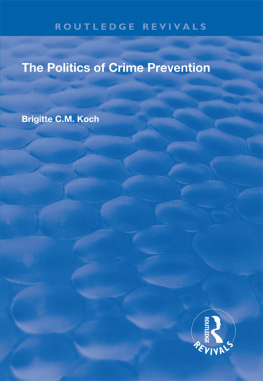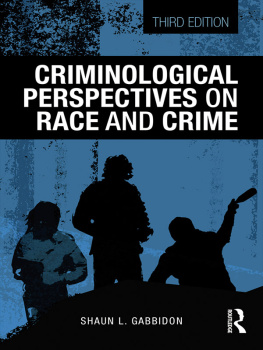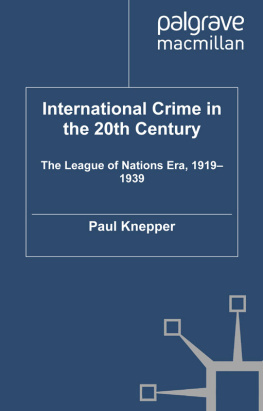Byron Johnson - More God, Less Crime: Why Faith Matters and How It Could Matter More
Here you can read online Byron Johnson - More God, Less Crime: Why Faith Matters and How It Could Matter More full text of the book (entire story) in english for free. Download pdf and epub, get meaning, cover and reviews about this ebook. year: 2011, publisher: Templeton Press, genre: Religion. Description of the work, (preface) as well as reviews are available. Best literature library LitArk.com created for fans of good reading and offers a wide selection of genres:
Romance novel
Science fiction
Adventure
Detective
Science
History
Home and family
Prose
Art
Politics
Computer
Non-fiction
Religion
Business
Children
Humor
Choose a favorite category and find really read worthwhile books. Enjoy immersion in the world of imagination, feel the emotions of the characters or learn something new for yourself, make an fascinating discovery.

- Book:More God, Less Crime: Why Faith Matters and How It Could Matter More
- Author:
- Publisher:Templeton Press
- Genre:
- Year:2011
- Rating:4 / 5
- Favourites:Add to favourites
- Your mark:
More God, Less Crime: Why Faith Matters and How It Could Matter More: summary, description and annotation
We offer to read an annotation, description, summary or preface (depends on what the author of the book "More God, Less Crime: Why Faith Matters and How It Could Matter More" wrote himself). If you haven't found the necessary information about the book — write in the comments, we will try to find it.
In More God, Less Crime renowned criminologist Byron R. Johnson proves that religion can be a powerful antidote to crime. The book describes how faith communities, congregations, and faith-based organizations are essential in forming partnerships necessary to provide the human and spiritual capital to effectively address crime, offender rehabilitation, and the substantial aftercare problems facing former prisoners. There is scattered research literature on religion and crime but until now, there has never been one publication that systematically and rigorously analyzes what we know from this largely overlooked body of research in a lay-friendly format. The data shows that when compared to current strategies, faith-based approaches to crime prevention bring added value in targeting those factors known to cause crime: poverty, lack of education, and unemployment. In an age of limited fiscal resources, Americans cant afford a criminal justice system that turns its nose up at volunteer efforts that could not only work better than the abysmal status quo, but also save billions of dollars at the same time. This book provides readers with practical insights and recommendations for a faith-based response that could do just that.
Byron Johnson: author's other books
Who wrote More God, Less Crime: Why Faith Matters and How It Could Matter More? Find out the surname, the name of the author of the book and a list of all author's works by series.







